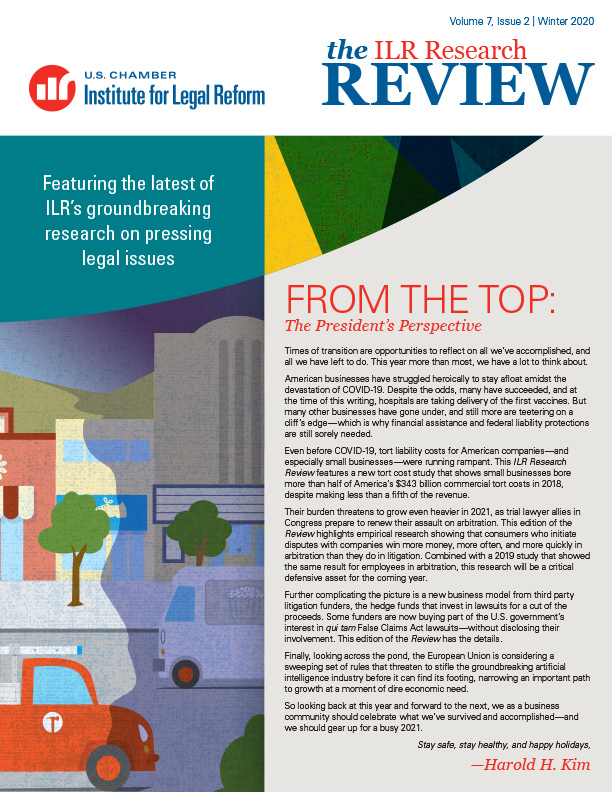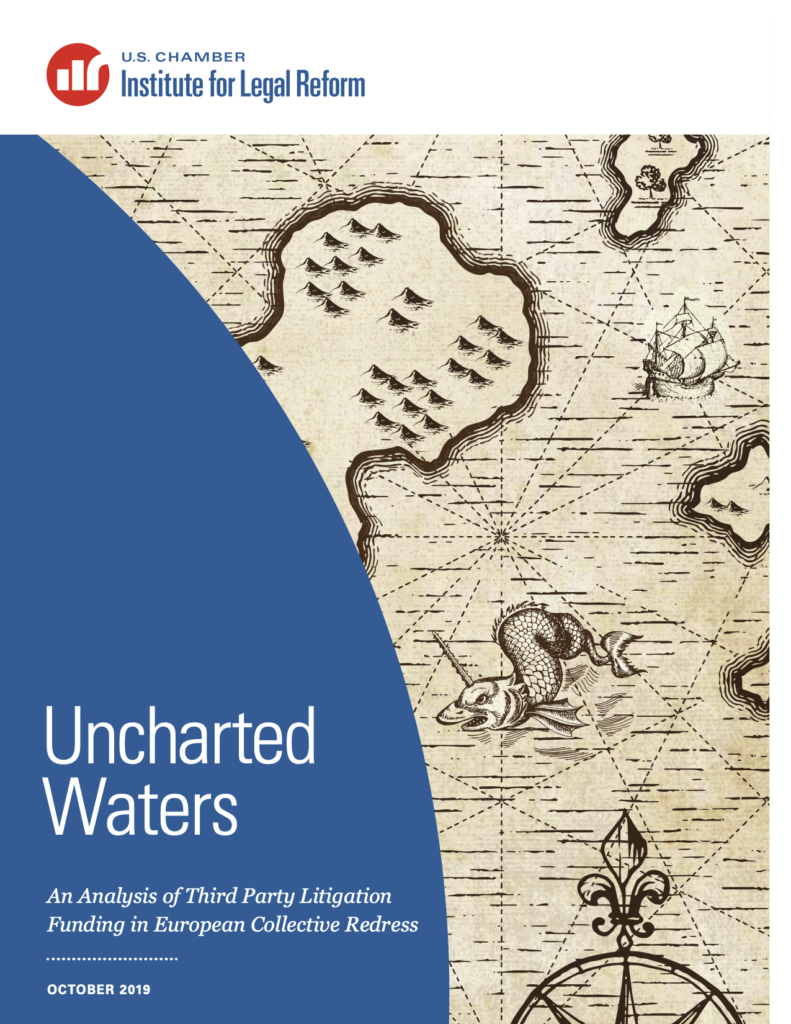Class actions were originally conceived to resolve mass-tort claims through expedited and economically rational means, but experience has shown that this goal has not been met in Brazil. Without threshold criteria for determining whether a case should be tried as a class action, there is no guarantee that a class action will solve the issues at stake. This is because individual issues may be at the center of litigation, making it impossible for courts to issue a single decision covering the entire class. Currently, there are several proposed changes to the Brazilian civil justice system, including most specifically class action lawsuits. A newly released report, Class Action Evolution: Improving the Litigation Climate in Brazil, concludes that these proposed changes lack balance and fairness.
As detailed in this report, the development of Brazil’s class action laws in 1985 was partly a reaction to the lack of access to justice during the country’s military dictatorship. Standing to sue is given to public entities and to civil associations which meet certain criteria. Individual claimants with preexisting lawsuits may opt in. Official statistics show that lower court decisions tend to favor plaintiffs, but that state appeals courts have dismissed more class action claims than they have upheld.
Currently, proposed changes are less about ensuring quick and effective lawsuits that produce just results, and more about encouraging the filing of class actions. The report explores specific legislation (Bill 282) currently under debate in the Senate, emphasizing its incompatibility with the constitutional principle of due process. Due process concerns arise in the provisions which permit individual damages awards, or a minimum damages value, to be set in homogeneous individual class actions, without considering any individualized proofs; and alter the statute of limitations of individual and class actions. Due process is further compromised by proposals that allow for the possibility of shifting the burden of proof in the judgment after the evidence is in, and allow the court on an ex officio basis to grant relief not sought by the parties. These changes would mean that defendants will not know at the time of trial which claims they are defending against, or which standards apply.
Another provision would monetize class actions by awarding financial compensation to civil associations, in addition to costs, in matters of “material public interest.” By linking additional compensation to public interests “directly or indirectly addressed” by the class action, Bill 282 makes it almost inevitable that the defendants will be ordered to pay. Presently, costs in class action cases are only awarded against the defendant; this proposed provision further accentuates the difference in treatment between claimants and defendants.
The proposed legislation currently before the Brazilian Senate is not only imbalanced, but also represents a missed opportunity to improve the collective consumer protection system by preventing abuses. Improvements should include:
- A provision that civil associations, like defendants, should also shoulder the risk of a losing claim by being subject to the loser-pays rule; and
- Approval of amendments that will correct some of the imbalances in the system, particularly amendments that require a threshold judicial determination of whether the lawsuit should be permitted to proceed as a class action by adopting predominance and superiority criteria. “Predominance” means that a class action would only be accepted if the issues common to all plaintiffs are more significant than the individual issues. “Superiority” means that a court has determined that a class action is the best way of resolving a claim, as opposed to individual lawsuits. The report suggests that the criteria in the U.S. Federal Rule of Civil Procedure 23(b)(3) would be useful to the Brazilian civil system in assisting courts to properly apply these tests.
The first of these reforms would discourage the filing of class actions without consistent legal grounds. The second would allow the courts to reject lawsuits expeditiously if they should not be class actions and instead focus on lawsuits suitable for collective treatment.
View PDF


